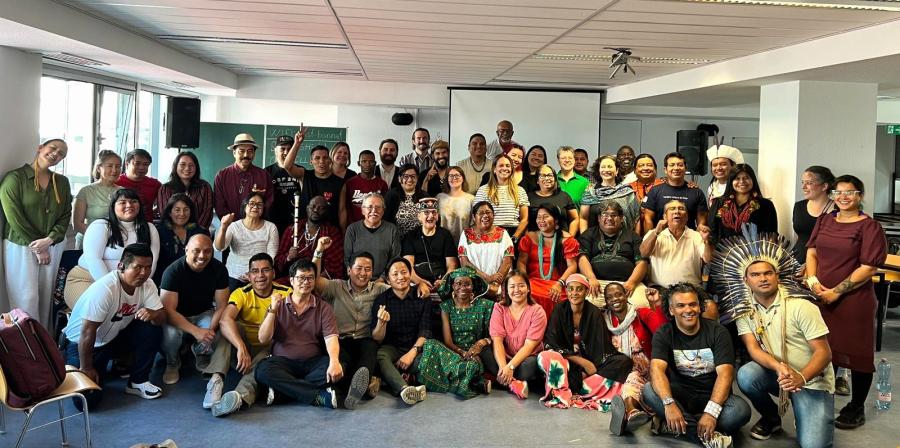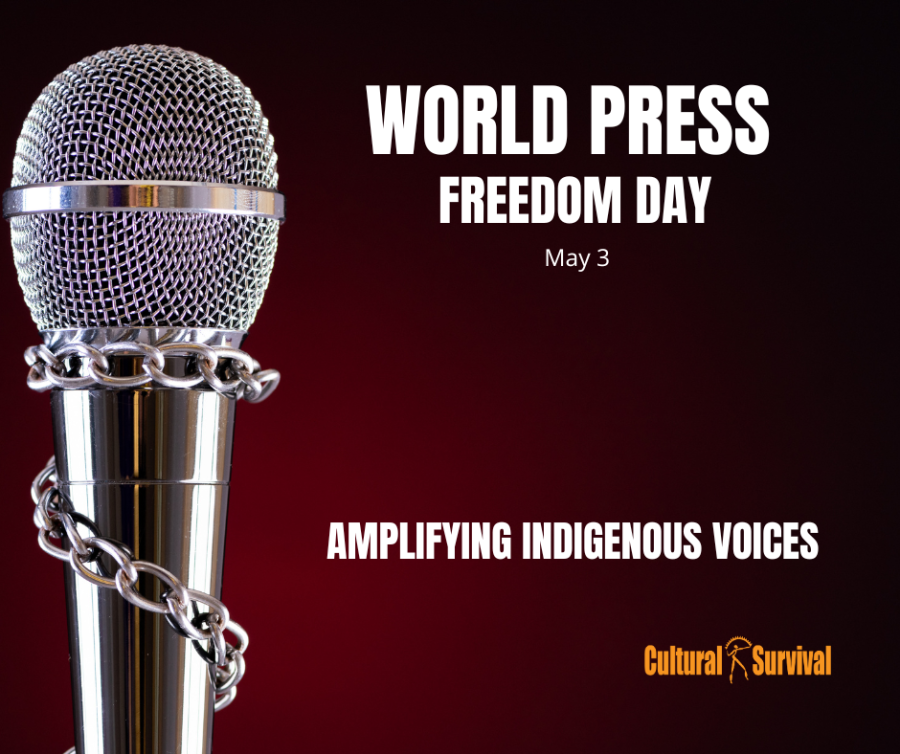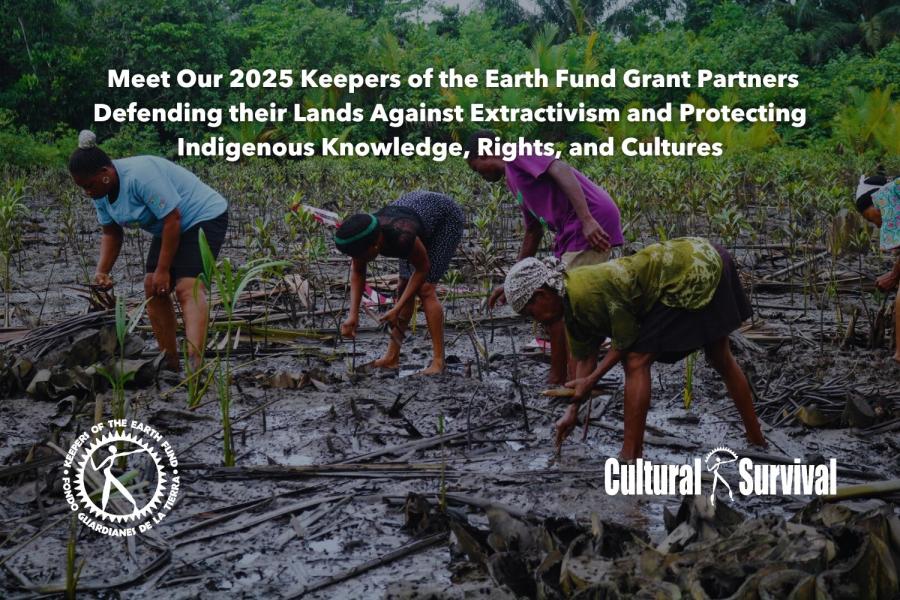
Faced with the COVID-19 pandemic, UNESCO, the United Nations organization with a mandate to promote freedom of expression, launched the Support Group for Journalists. The UN Special Rapporteur on the Situation of Human Rights Defenders, Mary Lawlor, supports this initiative.
“The threats faced by journalists who defend human rights are multiple, and sometimes lethal. Journalists around the world face intimidation, abuse and harassment online, hacking, illegal detention, physical threats and murder. And when journalists are killed, their perpetrators are often not brought to justice. It is difficult to imagine the level of stress that these journalists, who are often women, have to absorb in order to carry out their work defending the rights of others. Their families endure that anxiety, too, making their vital work even more difficult,” says Lawlor.
The pilot project is coordinated by the UNESCO Multi-Country Office in San José, with the support of the UNESCO Multi-Country Office in Quito and the UNESCO National Offices in Mexico and Guatemala. The initiative is supported by Cultural Survival, the International Federation of Journalists (FIP), IREX, the Shelter City Program, Fundamedios, and the International Justice Mission (IJM).
Journalists and their families will be able to obtain accompaniment and psychological support through webinars that will be moderated by psychologists, podcasts, monthly newsletters, and individual and group sessions. Through these activities, journalists and their families will be able to count on more strategies for emotional management and strengthening of their self-care skills. In addition, these activities will provide spaces for journalists to share their experiences with other colleagues. Additionally, radio programs are being produced and broadcast by Cultural Survival in 13 Indigenous languages through community radios in Central America and special webinars will be held for journalism students on self-care, so that they are prepared to face the challenges caused by future crises.
Esther Kuisch Laroche, Director of UNESCO in San José, highlights the relevance of developing this project during the Covid-19 pandemic, “More than ever it is important that we support journalists and freedom of expression. In these times of crisis, your work is essential to promote transparency and accountability. However, the spread of the coronavirus, confinement, and uncertainty have led to stress, depression, fatigue, burnout, and loss of interest in work. As a consequence, many journalists are unable to defend freedom of expression adequately. This support group is a good example of collaboration between stakeholders, and will help journalists be more efficient and productive.”
The importance of supporting journalists has been highlighted by many organizations including the International Federation of Journalists (IFJ) and its director of the Regional Office, Paula Cejas says, “It is essential to provide tools and resources that ensure the psychological and emotional health of journalists and media workers, who today are exposed to carry out their work, in a context of total uncertainty, insecurity and fear. Covering COVID-19 not only means assuming the role of witnesses to a traumatic and anguish situation, but also facing the risk of becoming victims of this disease on a daily basis.”
The pandemic has affected the lives of many people, including those journalists in indigenous peoples who are in a vulnerable situation. As Galina Angarova (Buryat), Executive Director of Cultural Survival explained, “Indigenous Peoples have been vulnerable prior to COVID-19, and today they continue to be disproportionately affected by the pandemic. However, Indigenous communities around the world are responding to the virus with resistance, using their ancestral knowledge to cope with the situation. Among them are courageous Indigenous journalists and communicators who, despite the lack of adequate conditions, continue to carry out their work and make an enormous effort to keep their communities informed about COVID-19 in their native languages.”
For more information about the Support Group for Journalists, please contact Jamion Knight, in charge of the Communication and Information Program at the UNESCO Office in San José. j.knight@unesco.org
Listen to the radio programs produced by Cultural Survival here (In Spanish and K’iche):



